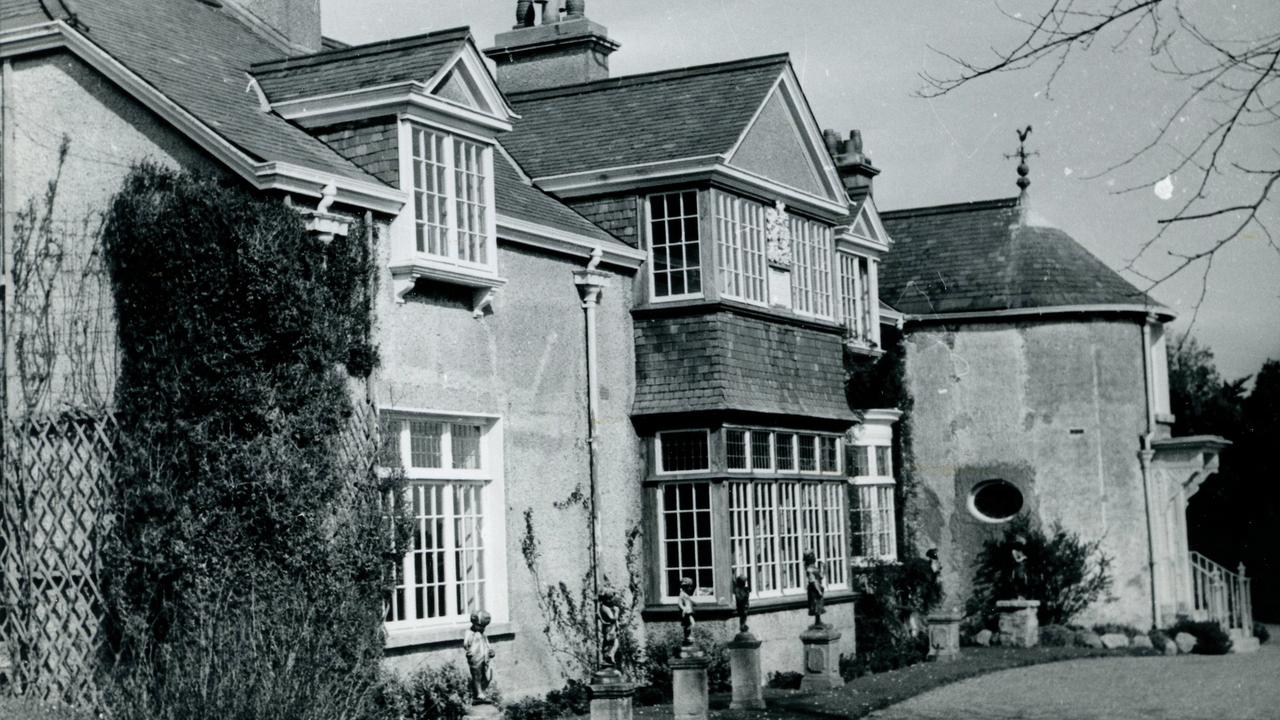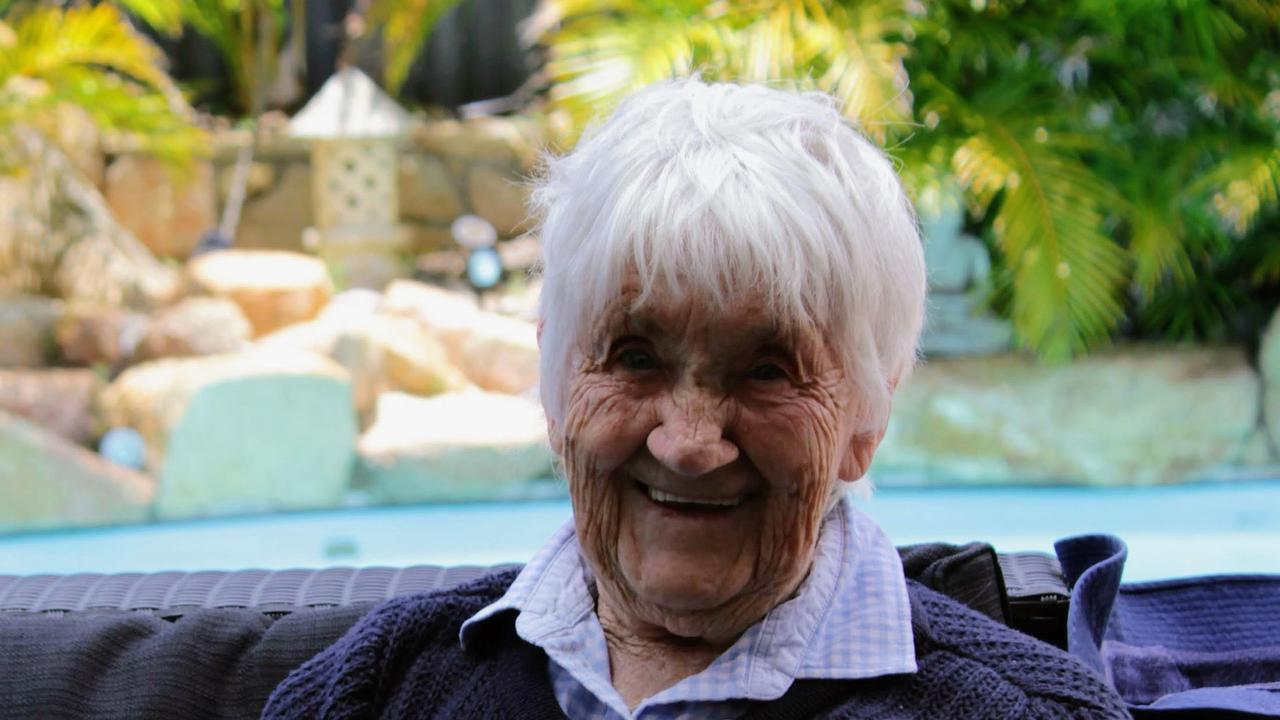Vladimir Putin: inside the Russian leader’s inner sanctum
Is the Russian leader real or a mythical construct of his entourage and journalists?
![Mikhail Zygar claims ‘Putin does not actually exist … [he] was constructed by his entourage.’ Picture: AP](https://content.api.news/v3/images/bin/463aeef69ba3154ae111e45d1ad58fc8?width=650)
This is an odd book: informative, intelligent, punchy, but decidedly odd. On one level it is a traditional history of Vladimir Putin’s dominance of Russia since being appointed prime minister in 1999. However, it goes much further, as Mikhail Zygar, former editor-in-chief of independent Russian TV station Dozhd, infuses his narrative with invective. He seeks to undermine Putin by showing him as fallible, an emperor without clothes:
It is a peculiar myth that everything in Russia depends on Putin and that without him everything will change … Putin does not actually exist … [he] was constructed by his entourage, Western partners, and journalists, often without his say.
This is a rich thought. Where does leadership end and mythology start? Yet the book’s execution clashes with its intent. Stop obsessing about Putin and he will fold into his own contradictions, Zygar argues. Yet he presents the Russian leader on almost every page. He sounds like a man who has decided to move on from a dysfunctional relationship but who still talks about it and nothing else.
Anyone with more than a passing interest in Russia will recognise this book’s key stories: the final Boris Yeltsin years, the rise of the oligarchs, the Kursk submarine disaster, the second Chechen war, the Beslan school siege, the jailing of Mikhail Khodorkovsky, the presidency of Dmitry Medvedev and the Russo-Georgia War.
Putin’s increasing self-confidence, combined with a perceived sense of American hypocrisy, gradually develops into belligerence. We end with Russia’s Syrian campaign and a gloomy reflection on the possibility of World War III.
Zygar writes with a fascinating combination of tones. He is by turns Shakespearean, dryly journalistic, polemical and annihilationistic. Reading him is a heady experience: we jump from interviews with members of Putin’s inner circle to expositions of oligarchic excess; from biting denials of Putin’s power to fears of his drive towards global war.
Sections have titles such as Putin I the Lionheart, Putin II the Magnificent and Putin the Terrible. Clearly, the author has an old-fashioned view of power, in which king and court are driven by murky intrigues, only some of which are played out on a wider stage.
The attempt to overlay this with the idea of Putin as a blank canvas, on which others project their desires, quite simply fails. Even when he is reactive, Putin ultimately decides what happens, as Zygar tacitly admits, but the writing here is a stylistic and ideological bonfire, driven by a restless dissent, even disgust.
That said, Russia can be difficult to understand, even by its ruling elite, and this confusion does undoubtedly undermine the image of an all-powerful ruler. On the one hand, this is due to Russia’s vast size, the number of issues it faces and a human tendency to form selective memory. As Zygar writes:
I came to realise that the participants in the events described did not fully remember what actually happened … Almost every one of them told a story that at times had no overlap with events portrayed by other witnesses: facts were forgotten, times and dates were jumbled up, and even their own actions and words were reinterpreted. As a rule, they asked not to be quoted.
The range of Zygar’s interviewees is impressive, including former chief of presidential administration Alexander Voloshin, former deputy prime minister Vladislav Surkov, present presidential press secretary Dmitry Peskov and Defence Minister Sergey Shoigu, as well as Khodorkovsky.
They reflect on the “wild” 1990s, when social and economic liberalisation saw a display of riches undreamed of in the Soviet Union, growing diplomatic isolation (blamed on the Americans), terrorism (such as the Beslan and Nord-Ost sieges) and the increasing drive towards a reactionary nationalism (church and state rule).
However, despite their powerful egos, unreality and uncertainty creep in. Long unanswered questions keep niggling away, even for these men (and it is almost all men at the top).
Why does Putin sometimes disappear, when he’s not at the Kremlin and isn’t answering calls? Is he ill or on an unannounced break?
Why does a supreme ruler all of a sudden abide by the law, step down as president to hand over to a nice but weak Medvedev, only to return as president when the law allows it; since when did legal niceties matter? What kind of politics would Russia have if its voting wasn’t rigged? Are the communists still a threat? Does the Westernised intelligentsia have any real power? Would Putin still be favoured? (A not unlikely scenario, much to the consternation of the opposition.)
All the Kremlin’s Men is a powerful illustration of a strange dynamic: Russia is rather comfortable with authoritarian rule and it is ultimately ungovernable. This realisation worried the tsars and helped to create the worst Soviet excesses. Today, Putin is definitely in charge, despite Zygar’s best attempts to prove otherwise. But there’s only so much Putin’s control-freakery and belligerence can achieve, whether he realises this or not (the book is silent on this question).
One of the most arresting quotes comes from Shoigu, from a live TV broadcast in 2006 where he was asked, “What would you do if you were on a plane that was falling from the sky?” Shoigu answered without hesitation: “Nothing. It would keep on falling regardless.”
Contemplating Russia today, it is hard not to read this in its fullest metaphorical sense.
All the Kremlin’s Men: Inside the Court of Vladimir Putin
By Mikhail Zygar
NewSouth, 336pp, $39.99 (HB)
Andre van Loon is a London-based literary critic.


